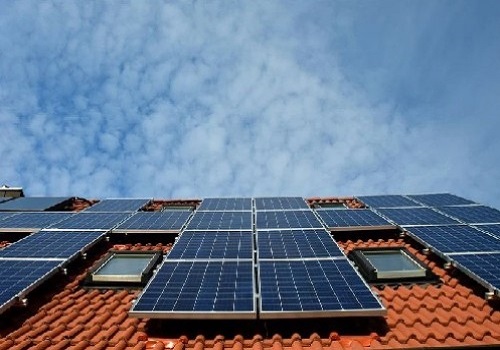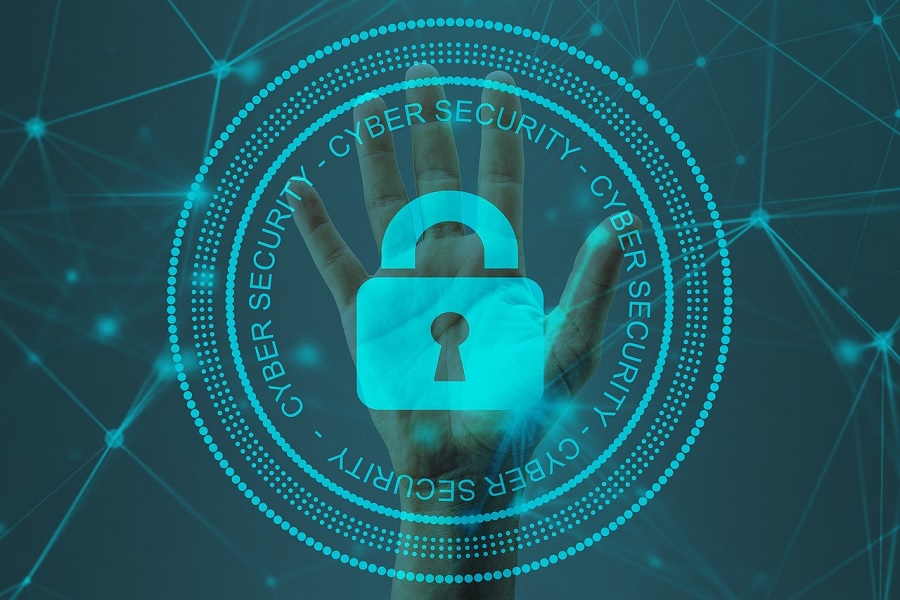RealX sets new benchmark in commercial real estate with landmark tokenized Ayodhya property deal

Follow us Now on Telegram ! Get daily 10 - 12 important updates on Business, Finance and Investment. Join our Telegram Channel
Fractional ownership platform RealX has recently closed its Ayodhya commercial land property deal. This milestone saw participation from 57 investors who invested between INR 50,000 to INR 25 lakhs to acquire proportionate ownership rights in the property. This deal signifies a step forward in making high-value real estate accessible to a broader audience through fractional ownership and property tokenization. Fundbezzie assisted RealX as a Strategic Partner in the deal.
Fractional ownership addresses the high costs of owning expensive assets such as real estate, yachts, and private jets. Traditional ownership requires significant capital and maintenance, often unaffordable for many. By sharing these costs among multiple investors, fractional ownership allows experience of high-value assets without the full financial burden. This model also promotes diversification and risk mitigation, thereby increasing potential returns.
On choosing Ayodhya, Manish Kumar, Cofounder and CEO of RealX, says, "Ayodhya is one of the top appreciating property markets today. With support from central and state governments, the town is poised for rapid growth. Securing a prime property was challenging due to the seller’s market, but it was a perfect case for fractional ownership. By bringing this opportunity to people, we want to make it a participative investment story.”
RealX offers direct property rights to investors, avoiding the classical SPV route followed by other fractional ownership players. RealX provides two ownership modes: Registered Co-ownership and property tokens (on blockchain). The former makes the investor a direct co-owner of the property, while the latter grants direct and legal beneficial rights within the token through a signed legal note.
Initially many investors hesitated due to concerns about executing a clean transaction in Uttar Pradesh, especially digitally and in fractional ownership mode. “We accepted the challenge and completed the transaction within the expected timeline, even subscribing to a portion ourselves to meet the commitment. Now, post-registration, our contribution is also available for sale on the platform, boosting overall confidence in the system,” Manish Kumar added.
Ajay Setia, one of the investors who chose to invest in tokens shared his experience, “I was looking at investing in Ayodhya however couldn’t due to the high cost. With RealX, I found the entry barrier for investment to be low i.e. INR 50,000. I got introduced to the founders of RealX on WhatsApp and I found them credible which prompted me to invest. The prompt support and handholding thru the process from the founders made it joyful.”
Tokenization of real-world assets is a new concept with immense promise. Post the global regulatory clampdown on cryptocurrencies, asset tokenization has emerged as a widely accepted blockchain application. RealX has positioned itself as a leader by delivering tokenized sales in this Ayodhya property deal.
Neera Inamdar, Cofounder and COO of RealX, said, "It was surprising to see that the biggest investors opted for digital assets as tokens. They carefully considered both modes and chose property tokens, which highlights the potential of digital assets."
The fractional ownership of real estate in India is evolving rapidly, with the market expected to reach INR 4,500 billion by 2026. Currently, 200 million sq ft of Grade A office space is available for fractional ownership. According to Deloitte, real estate tokenization was valued at $2.7 billion in 2022 and is projected to reach $1 trillion by 2030. The Boston Consulting Group estimates the total size of illiquid asset tokenization, including real estate, could reach $16 trillion by 2030. In India, the real estate market is expected to reach $1 trillion by 2030, with fractional ownership and tokenization gaining traction.
Above views are of the author and not of the website kindly read disclaimer

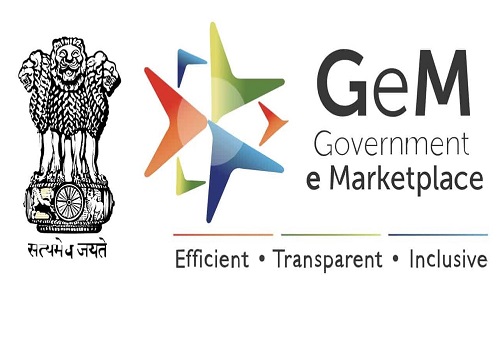
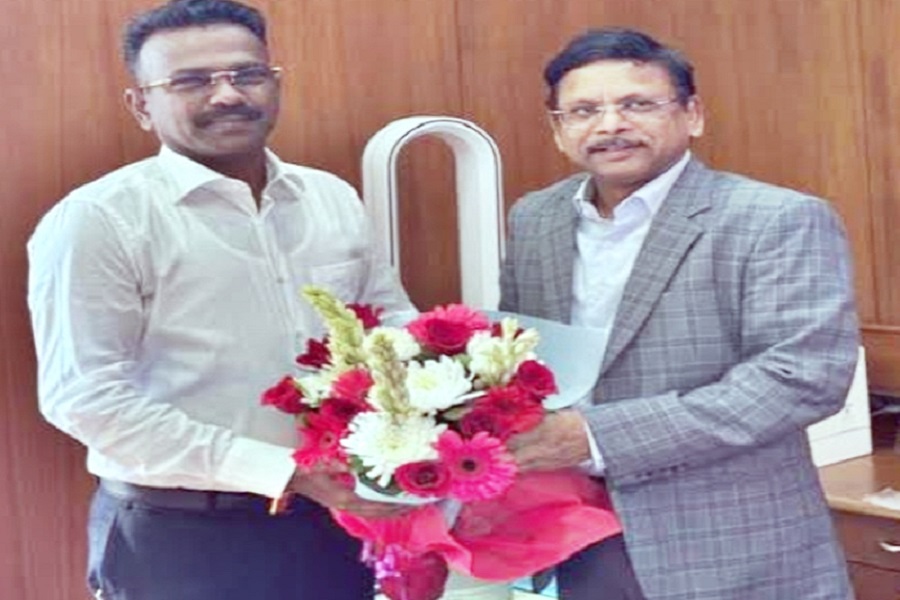





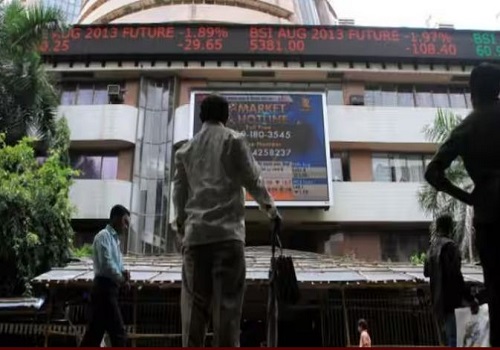
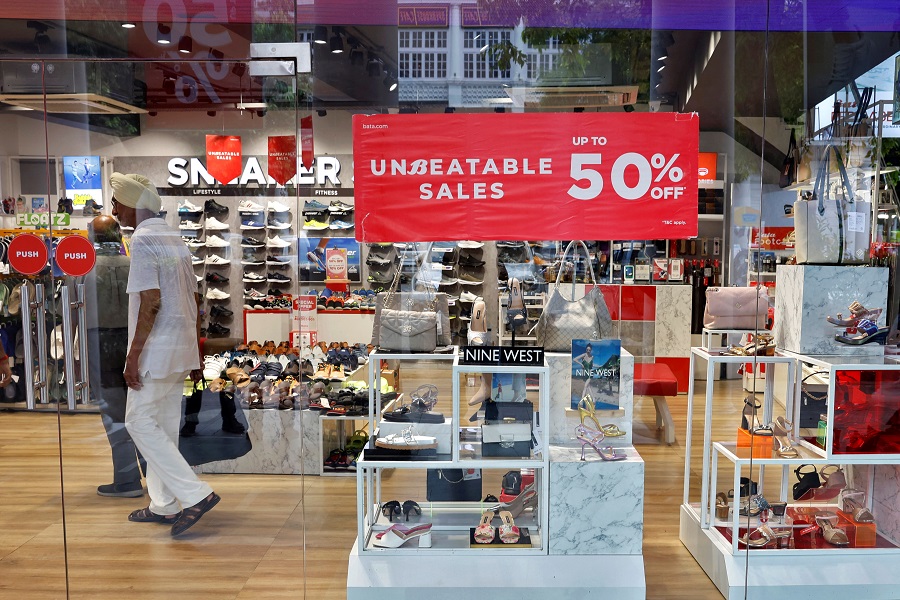


 320-x-100_uti_gold.jpg" alt="Advertisement">
320-x-100_uti_gold.jpg" alt="Advertisement">



